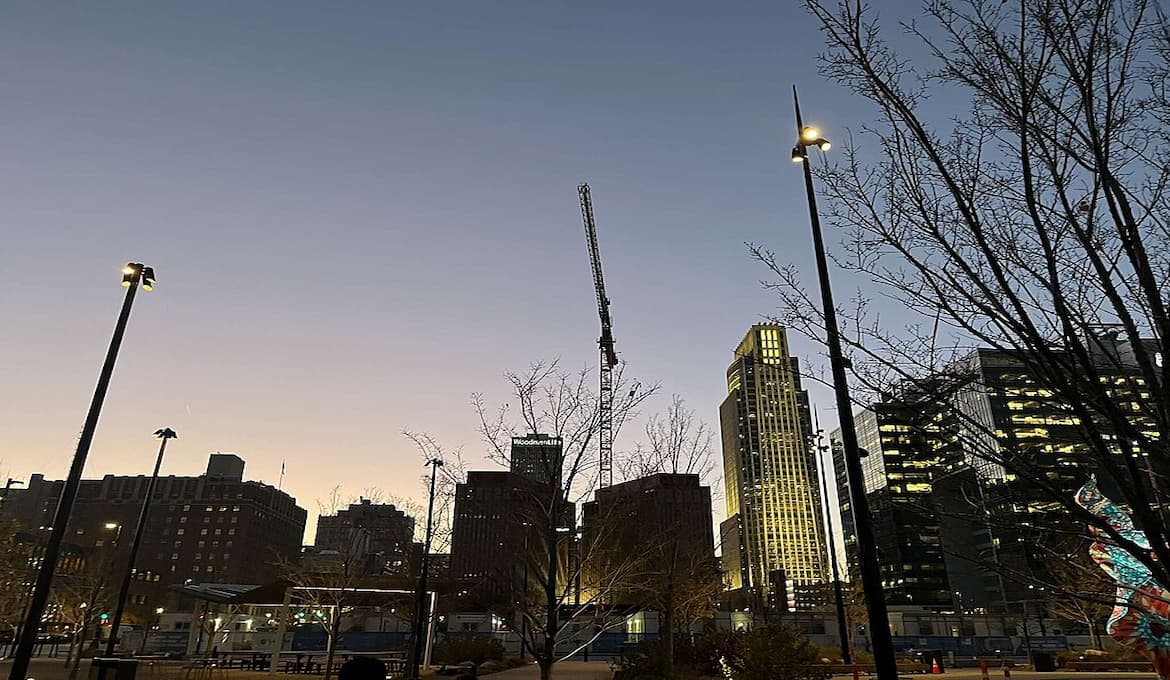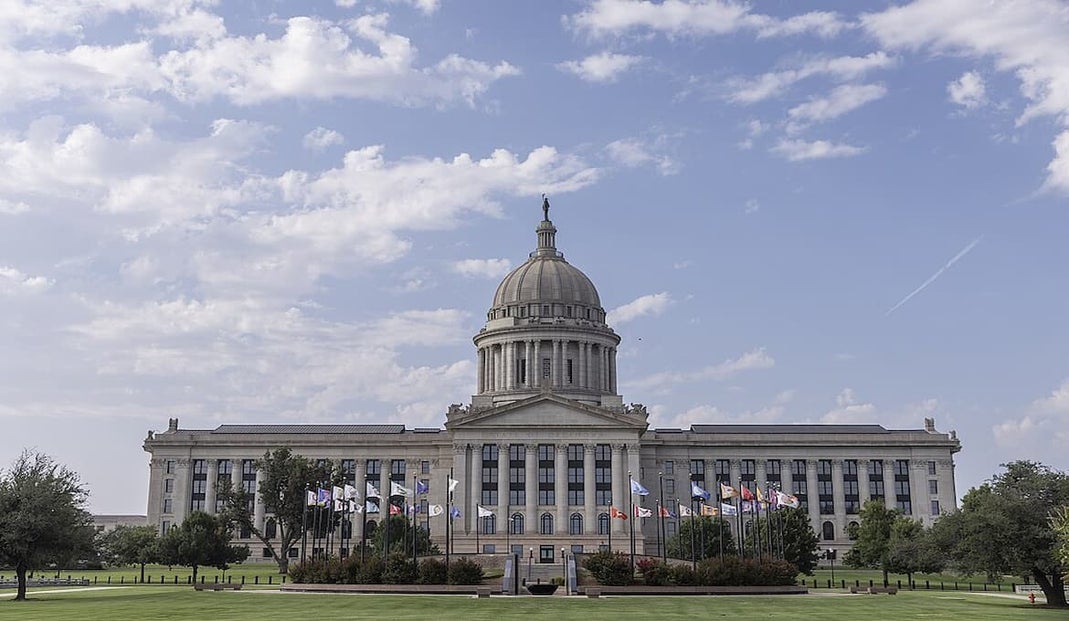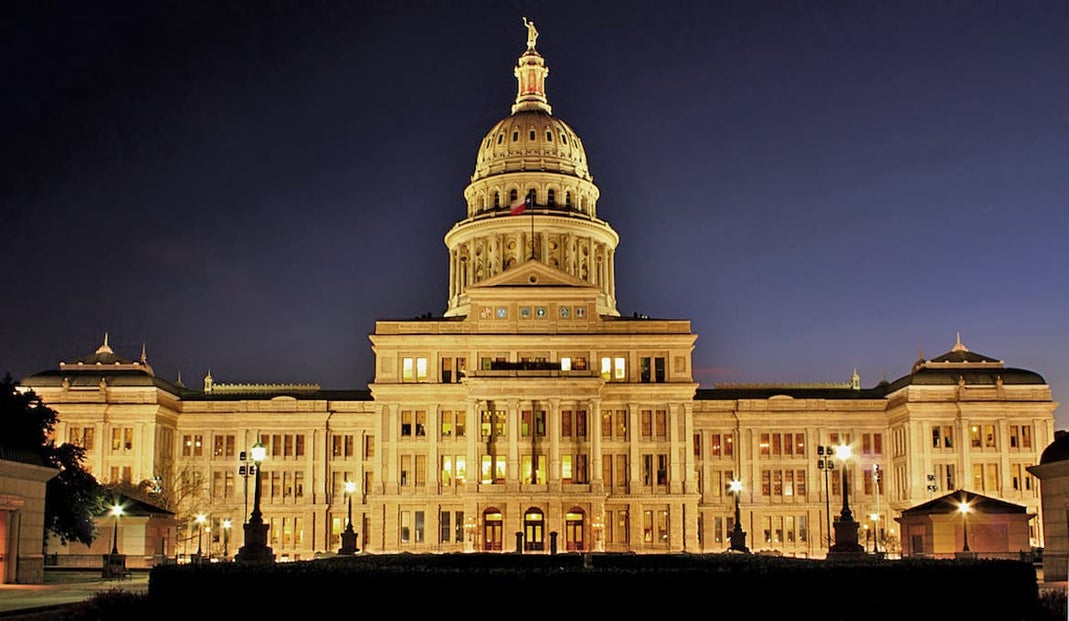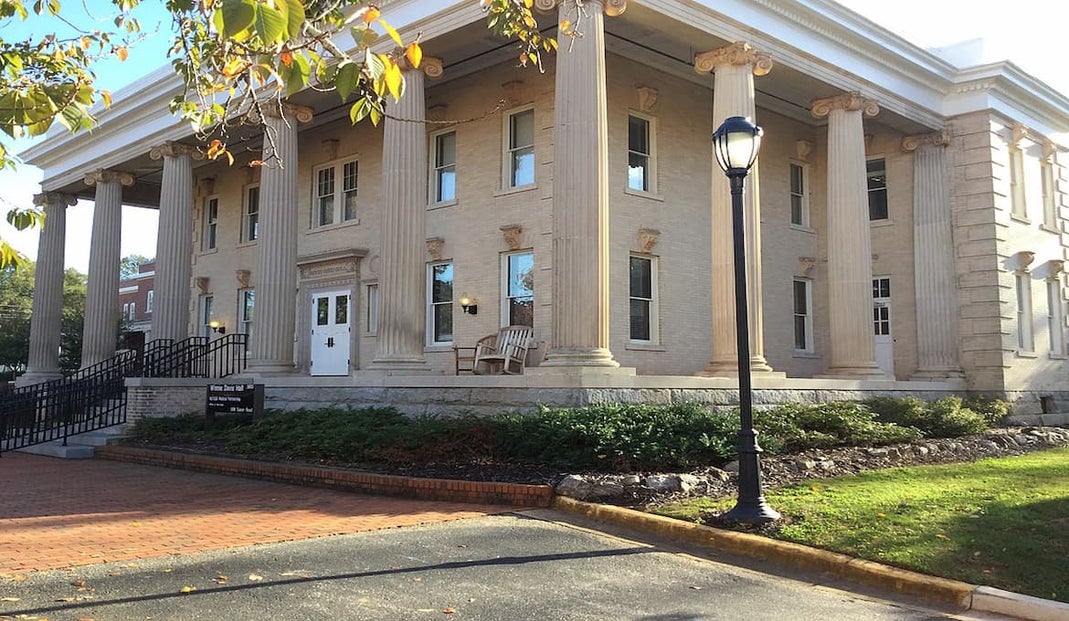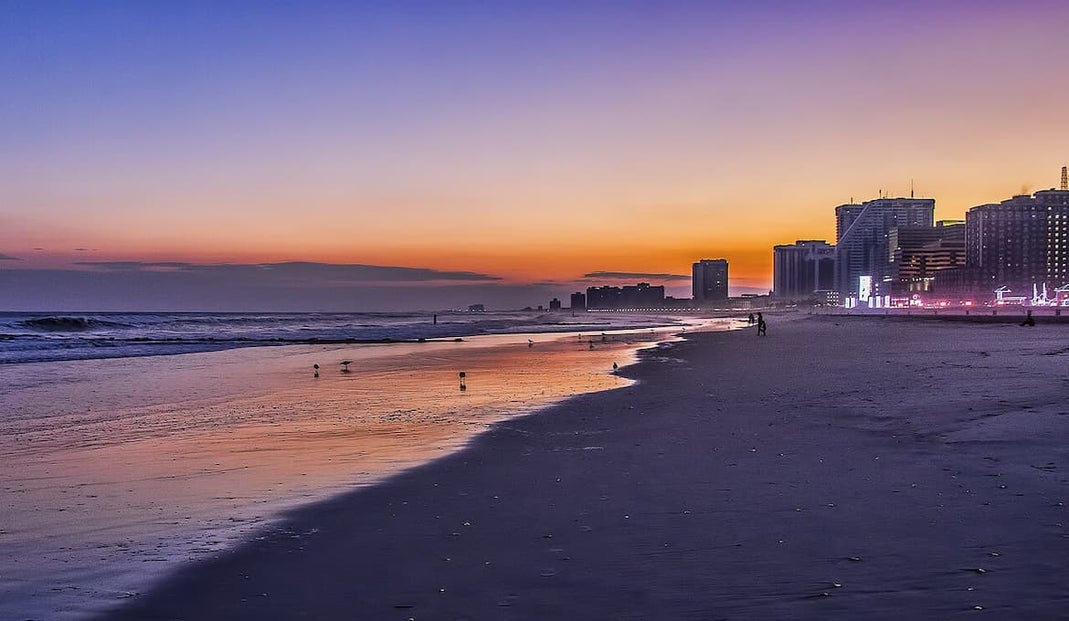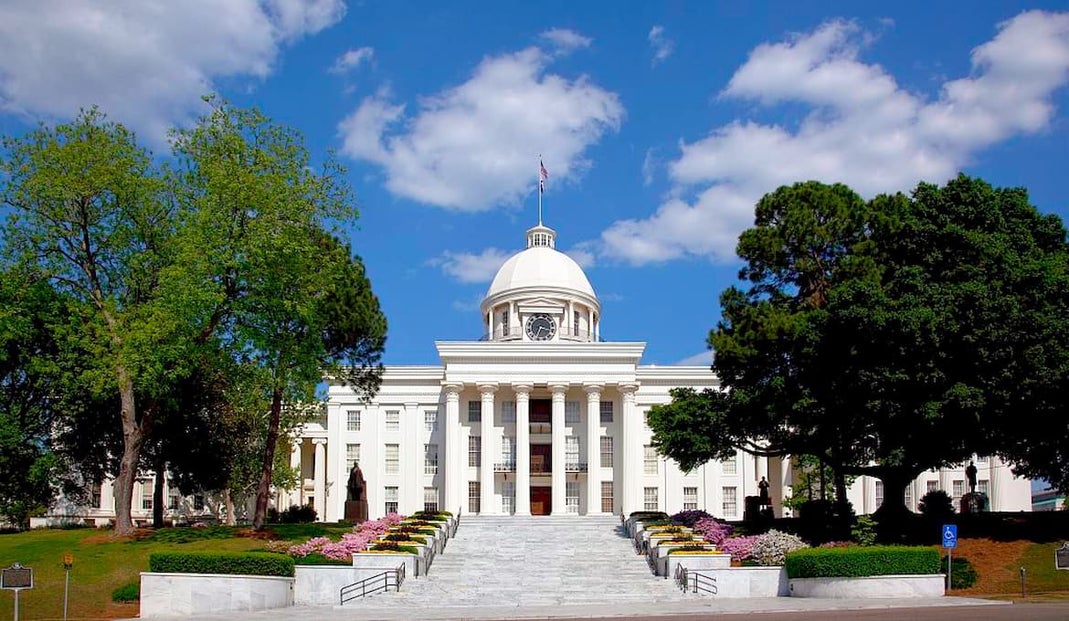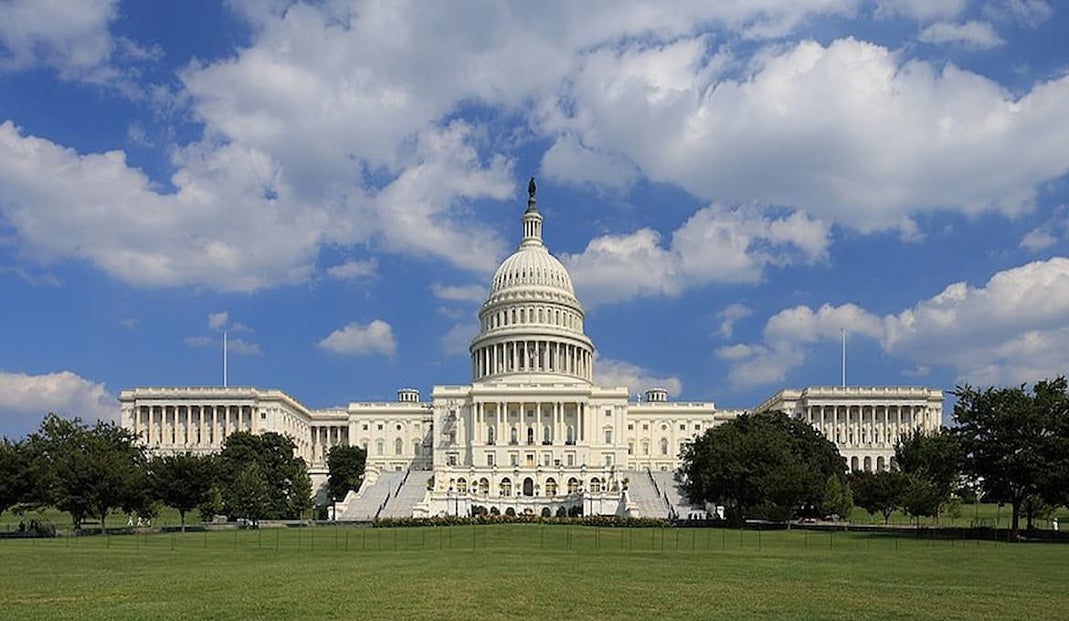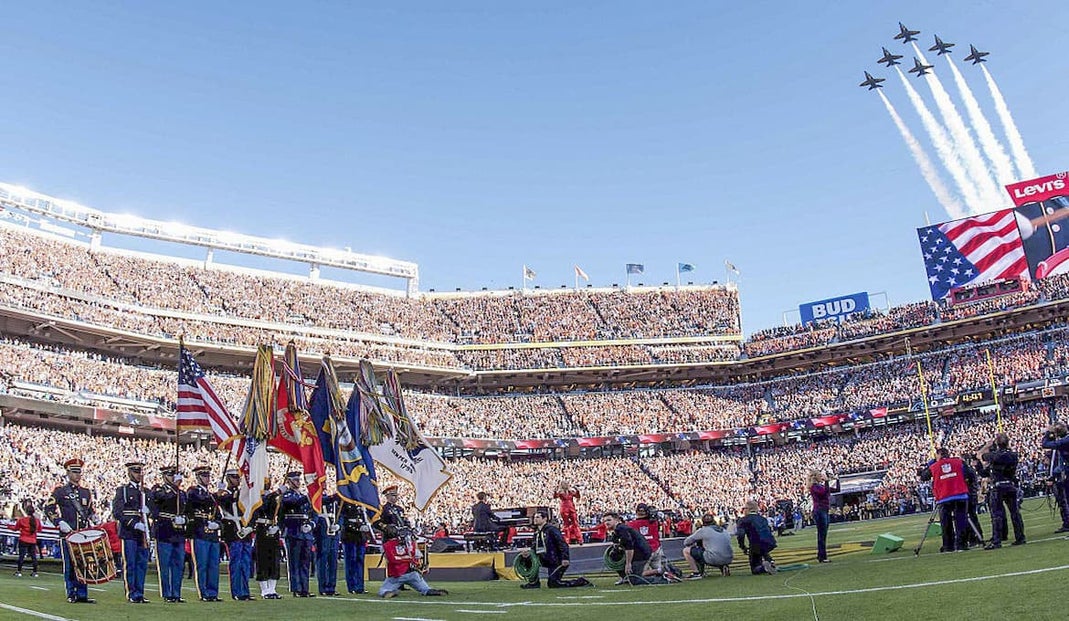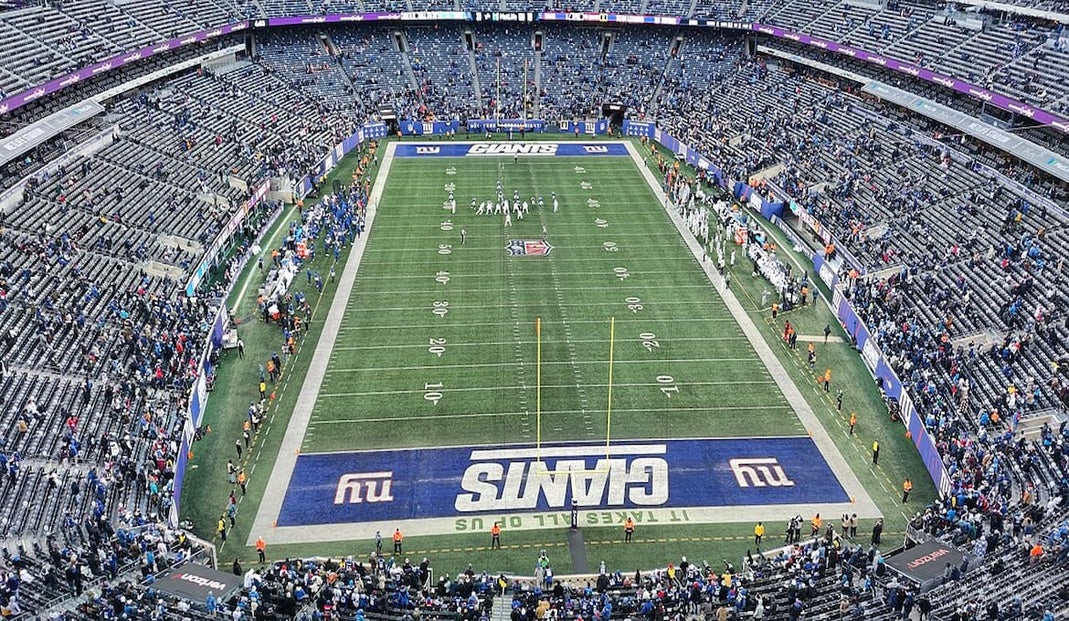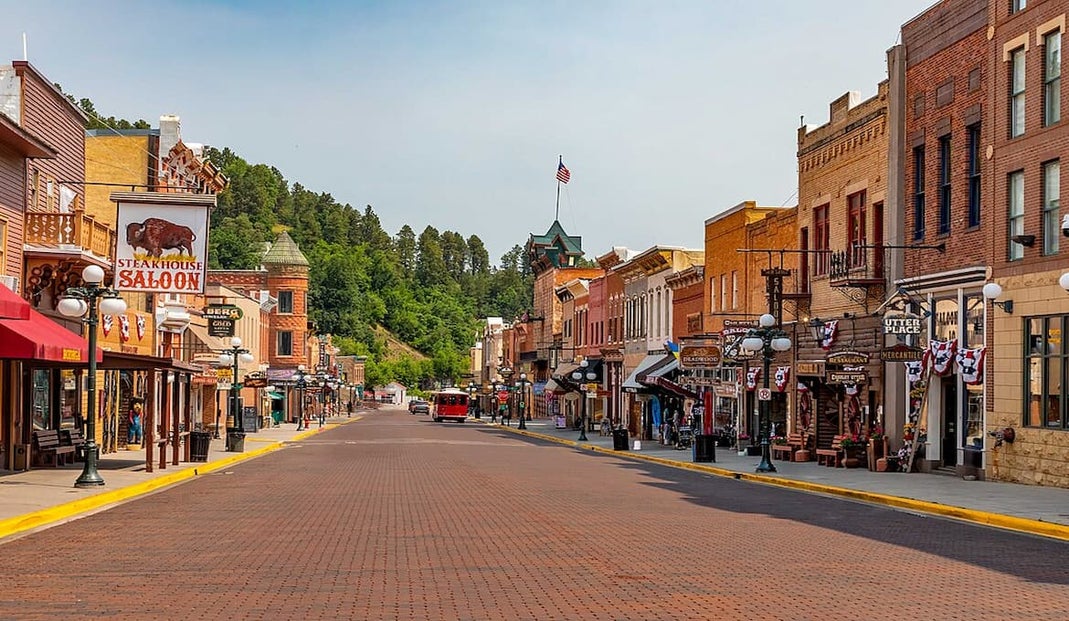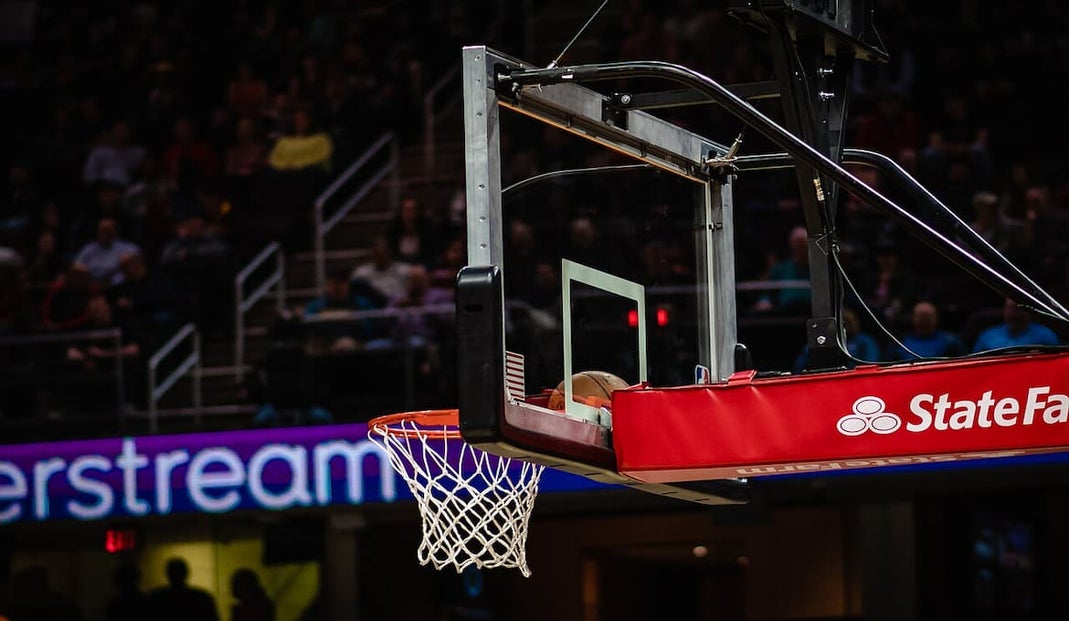Bill Will Face Fierce Fight
One of the reasons that Nebraska was able to legalize sports betting in 2021 was an amendment that banned betting on in-state college teams. Fears over the dangers to college athletes were a significant hurdle to legalization, but the change allowed the bill to become law.
Concerns over college sports betting have only grown since the bill was passed. Several states have had scandals and spikes in the harassment of athletes. Last year, NCAA President Charlie Baker sent letters to states requesting they ban college player prop bets. While some states complied, the issue continued to worsen, and Baker asked for intervention from the federal government.
While college player prop bets likely wouldn’t be legal if LB 63 passes, allowing any form of betting on in-state teams will likely lead to a spike in harassment. With lawmakers who demanded the change when sports betting was legalized feeling validated, they will unlikely be willing to change their position now.
Online Betting Remains Illegal
Nebraska legalized retail sports betting a few years ago, but online sportsbooks remain illegal. While lawmakers have promised a new bill will be proposed in 2025, the industry won’t be live any time soon, thanks to the public vote requirement. The soonest that vote could be done is November 2026, meaning 2027 would be the earliest online betting could go live.
The roadblocks facing online betting are a bad sign for the chances of LB 63. Nebraska’s conservative approach to sports betting continues, meaning changes could still be years away.
Extra Revenue Would Lower Property Taxes
One of LB 63’s top selling points is that it would allow the state to lower its rising property taxes. Residents have been concerned about this issue, leading lawmakers to seek solutions. Projections show that the bill would increase sportsbook revenue by around 15%, which would be a noticeable bump for the state.
Expect this benefit to be echoed when a bill to legalize online sports betting is introduced.


